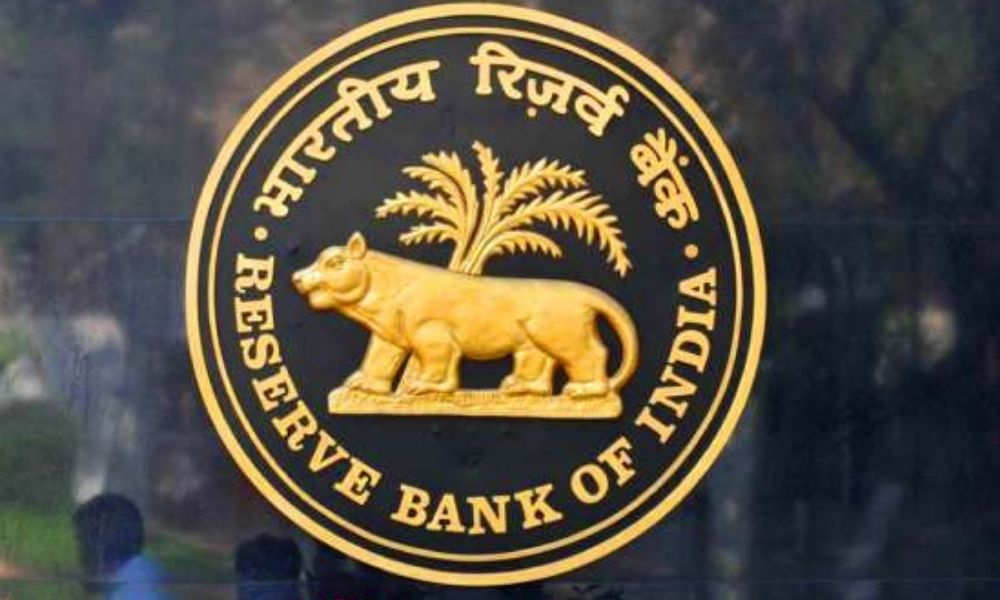LI Network
Published on: November 03, 2023 at 02:37 IST
In a move aimed at curbing the import of small-scale prohibited goods through international e-commerce platforms, the Reserve Bank of India (RBI) has announced regulations on payment aggregators involved in cross-border payment and settlement transactions.
The circular, dated October 31, 2023, mandates that cross-border payment aggregators (CBPA) must register with the Financial Intelligence Unit-India and maintain a minimum net worth of Rs 15 crore. Non-compliant CBPAs face mandatory winding up by July 31, 2024.
This regulatory step aligns with the Directive Principles of State Policy, which obliges the state to promote cottage industries and Small-Scale Industries (SSI) to bolster economic growth. SSIs contribute significantly to India’s industrial value and employment opportunities, making them a vital component of the Indian economy.
Rajiv Sharma, Partner at Singhania & Co. LLP, praised the RBI’s initiative, emphasizing the importance of regulating CBPAs and cross-border transactions to prevent illicit activities. The RBI’s decision is seen as commendable, given India’s economic and social interests.
The RBI’s move stems from a circular released by the Foreign Exchange Department in April 2022, aiming to streamline small-scale international trade transactions and align them with the Foreign Exchange Management Act of 1999.
Sonal Alagh, Partner at Alagh & Kapoor Law Offices, noted that the RBI made substantial amendments following feedback and recognized the crucial role played by Online Export-Import Facilitators (OEIFs) and Online Payment Gateway Service Providers (OPGSPs) in the payment domain.
Under the amended framework, entities facilitating payments and settlements for cross-border online export and import transactions will be categorized as “Payment Aggregators – Cross Border” (PA-CB), aligning with the Payment and Settlement Systems Act of 2007.
The circular’s advantages include expediting small-value export-import transactions, offering regulatory clarity, and streamlining the payment ecosystem for international trade. However, it may present challenges in terms of compliance, oversight, and temporary disruptions during the transition.
The RBI’s circular signifies a significant step toward enhancing the efficiency and regulatory clarity of cross-border trade transactions, but it also necessitates careful assessment and adjustments by businesses to ensure smooth operations in the evolving landscape of international trade.

